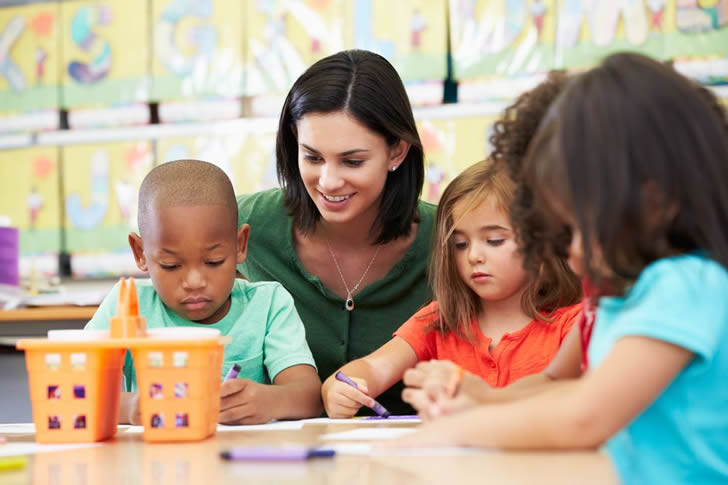Preschool education is a vital stage in a child’s developmental journey, aimed at nurturing a broad spectrum of skills essential for their transition into formal schooling. These early education programs are thoughtfully designed to foster curiosity, exploration, and cognitive growth through engaging activities, while simultaneously addressing behavioral development and instilling valuable habits and values.
Selecting the right preschool program is pivotal and involves considering the caliber of educators involved. Available through both public and private institutions, preschool curricula vary, sparking a lively debate regarding the most effective content and instructional methods.
Proponents of an academically focused curriculum advocate for the early introduction of basic language and math skills, along with structured activities that target specific educational outcomes. However, a significant critique arises from those favoring a holistic approach to child development, emphasizing the importance of nurturing not only intellectual but also emotional, physical, social, and communicative skills.
Key developmental milestones for preschool-aged children include:
Social Skills: The ability to engage with new acquaintances, attentively listen, and independently navigate peer disputes.
Language Skills: Proficiency in utilizing diverse vocabulary for effective communication, encompassing listening, speaking, and the foundations of writing.
Observational Skills: A keen interest in new experiences, active participation in basic tasks, and attentive listening to fellow peers.
Physical Development: Familiarity with basic shapes and letters, a defined hand preference for writing tasks, self-sufficiency in dressing/undressing for restroom use, and discerning healthy food options.
Cognitive Development: Engagement in imaginative play, utilizing props, partaking in rudimentary scientific inquiries, and understanding the relationship between numbers and language.
Creative Expression: The ability to create representations of people, animals, and objects in drawings, and replicate intricate sound sequences or tunes.
Problem-Solving Skills: The capacity to alternate focus across different activities and adapt to the dynamic behaviors of peers.
Preschool education encompasses a multifaceted approach to development, focusing on personal growth, emotional and social maturity, effective communication, world awareness, creativity, mathematical understanding, physical activity, cooperative play, and foundational life skills.
By interacting with peers in a structured environment away from their primary caregivers, children learn valuable lessons in decision-making, emotional regulation, empathy, conflict resolution, and relationship building. These early educational experiences lay the groundwork for lifelong learning and development, ensuring children are well-equipped for the challenges and opportunities of formal schooling.




